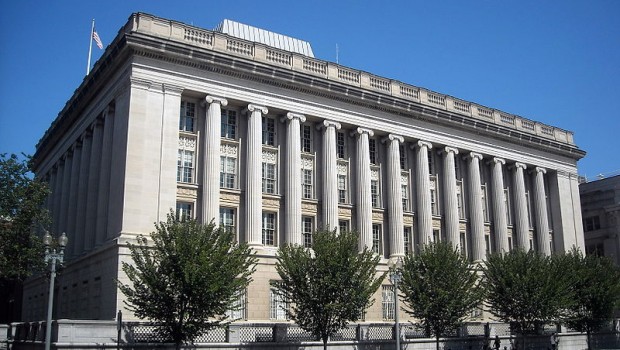Does OFAC’s Policy on Licensing Release of Blocked Funds for SDN Reconsiderations Unfairly Limit U.S. Persons?
 As I was reading back through the licensing policy statement of the United States Department of the Treasury’s Office of Foreign Assets Control (“OFAC”) concerning the release of blocked funds to pay for legal representation in the contesting of an OFAC designation to the Specially Designated Nationals and Blocked Persons List (“SDN List”), something dawned on me. OFAC’s licensing policy actually seems to put U.S. persons placed on the OFAC SDN List at a disadvantage in retaining competent counsel in comparison to their foreign counterparts. There are a few reasons for this. First, it seems the policy only applies to U.S. persons. Second, U.S. persons cases can be more complex. Finally, U.S. persons are more likely to maintain their assets in the U.S. and as such more susceptible to only being able to utilize blocked funds to contest their designation.
As I was reading back through the licensing policy statement of the United States Department of the Treasury’s Office of Foreign Assets Control (“OFAC”) concerning the release of blocked funds to pay for legal representation in the contesting of an OFAC designation to the Specially Designated Nationals and Blocked Persons List (“SDN List”), something dawned on me. OFAC’s licensing policy actually seems to put U.S. persons placed on the OFAC SDN List at a disadvantage in retaining competent counsel in comparison to their foreign counterparts. There are a few reasons for this. First, it seems the policy only applies to U.S. persons. Second, U.S. persons cases can be more complex. Finally, U.S. persons are more likely to maintain their assets in the U.S. and as such more susceptible to only being able to utilize blocked funds to contest their designation.
As an initial matter, it should be understood that the policy allows for U.S. persons to obtain authorization from OFAC to pay for legal services related to their contesting of an OFAC SDN designation from blocked sources. This policy places caps upon the amount of blocked funds that can be utilized. In normal cases, these caps are $14,000 for two attorneys in the administrative reconsideration process, $14,000 for U.S. District Court proceedings, and $10,000 for appellate matters. These caps are doubled if OFAC determines that the case is a complex matter. These caps can only be satisfied at an hourly billing rate of $125 per hour, far below what the overwhelming majority of attorneys skilled in this practice area charge.
So why does this disadvantage U.S. persons? First, funds will only be released for U.S. persons. While this could be viewed as a benefit, since OFAC is silent on the issue of licensing the release of blocked funds of foreign persons to pay for SDN reconsideration matters, the fact is that U.S. persons are more likely to maintain their assets in financial institutions under U.S. jurisdiction. Therefore, those blocked funds may be all they have in order to fight the case, whereas foreign persons can use whatever funds they have outside of U.S. jurisdiction to retain counsel of their choosing and to more effectively contest the designation. In addition, U.S. persons SDN reconsideration cases are more complex because they have Constitutional Due Process arguments that can be made. While this is a benefit of U.S. person status, its also a detriment as the case becomes more complicated, but there are limited resources to contest the designation with.
All of these has caused many OFAC practitioners to shy away from the area of OFAC SDN reconsideration. Typically, when you see U.S. persons contesting their OFAC designations, at least those which have been designated in U.S. District Court, it is typically with counsel that is not well known in the OFAC practice area. There are numerous reasons for that, however, the limited funds that will be released for such persons certainly could be contributing to that phenomenon. OFAC SDN reconsideration cases are tough, but for U.S. persons the caps on blocked funds available for representation don’t make it any easier.
The author of this blog is Erich Ferrari, an attorney specializing in OFAC matters. If you have any questions please contact him at 202-280-6370 or ferrari@ferrariassociatespc.com.



1 Comments
I read this article and found that it is quite informative for me. Please keep posting the good stuff.
Comments are closed.